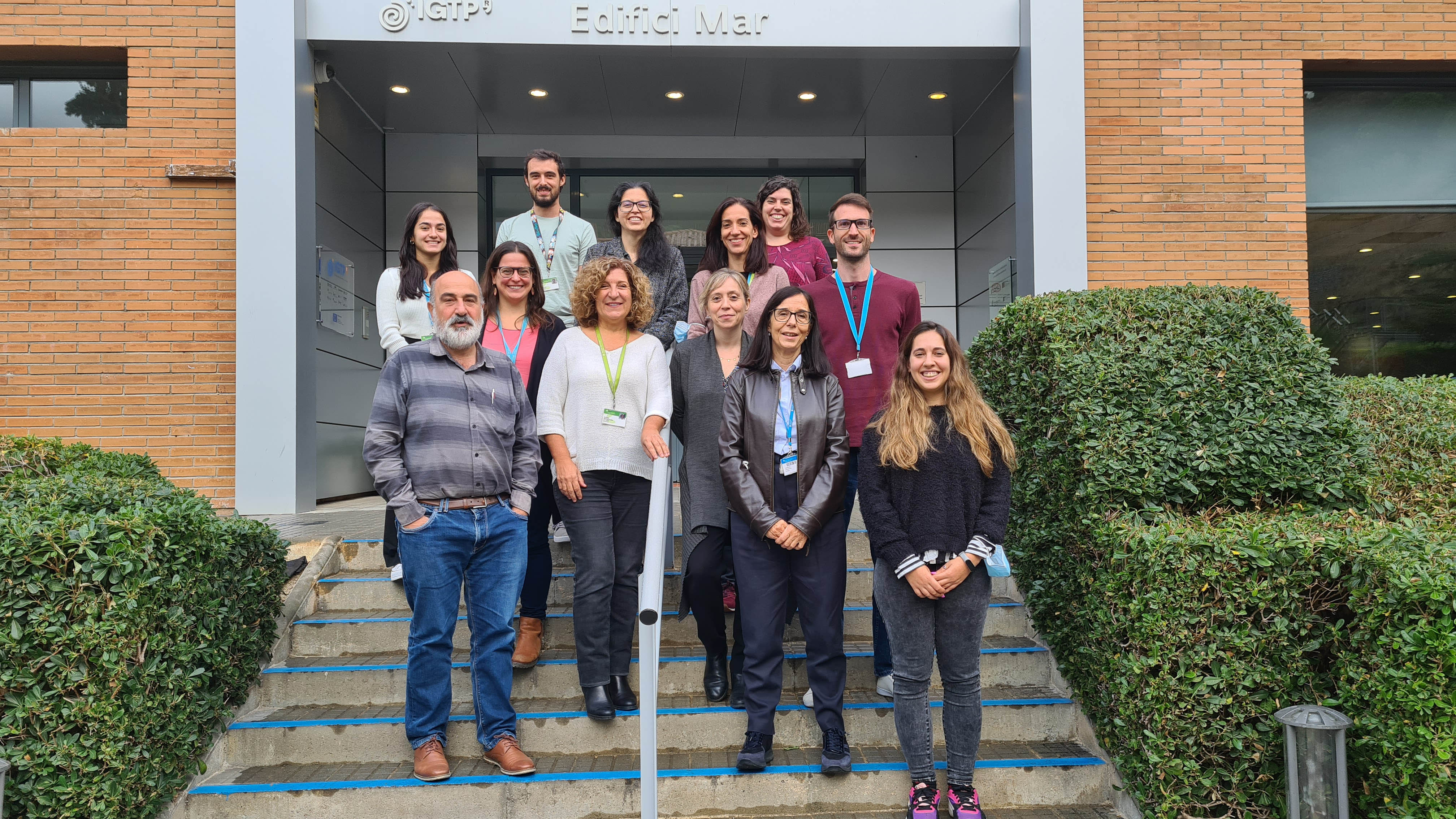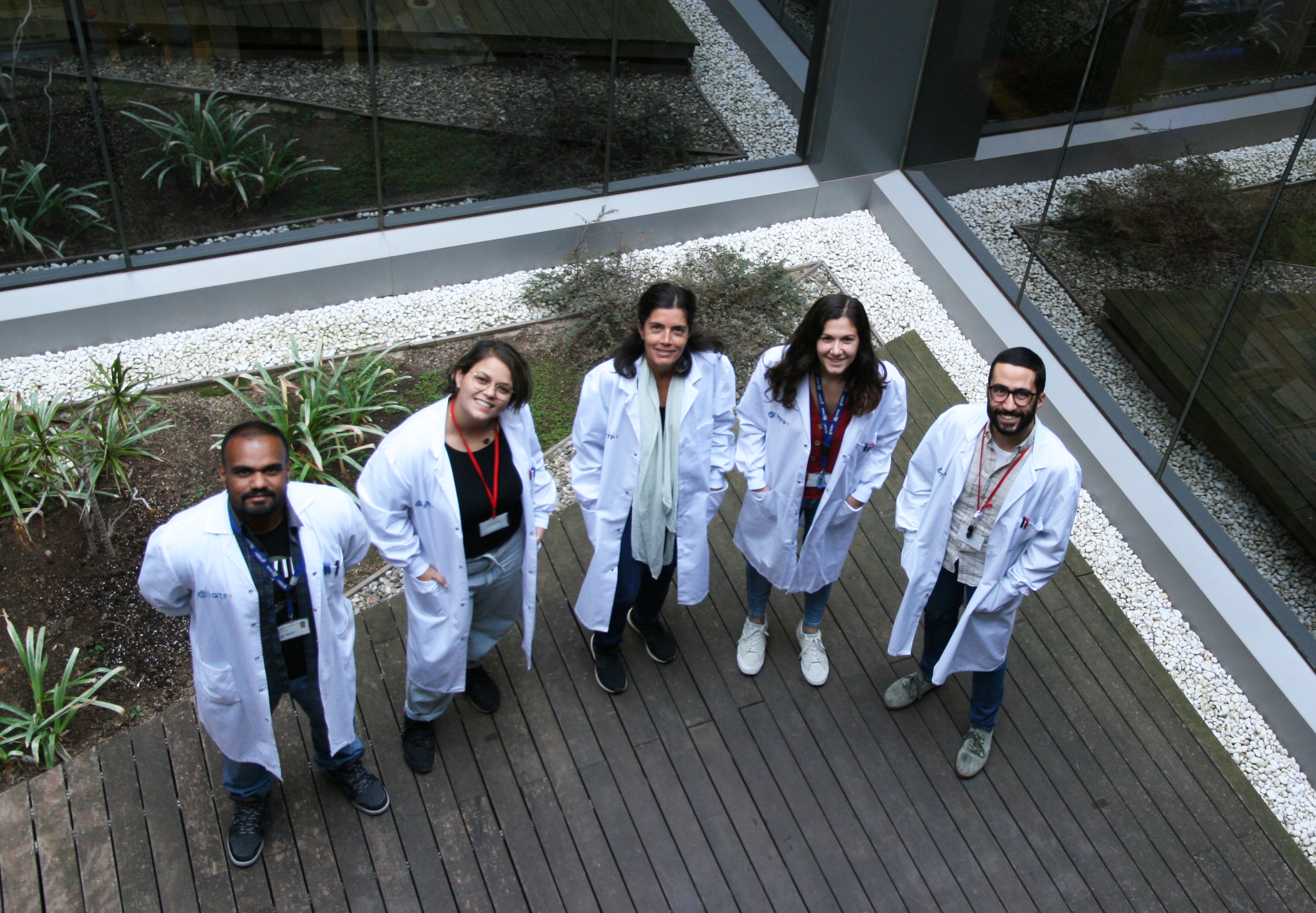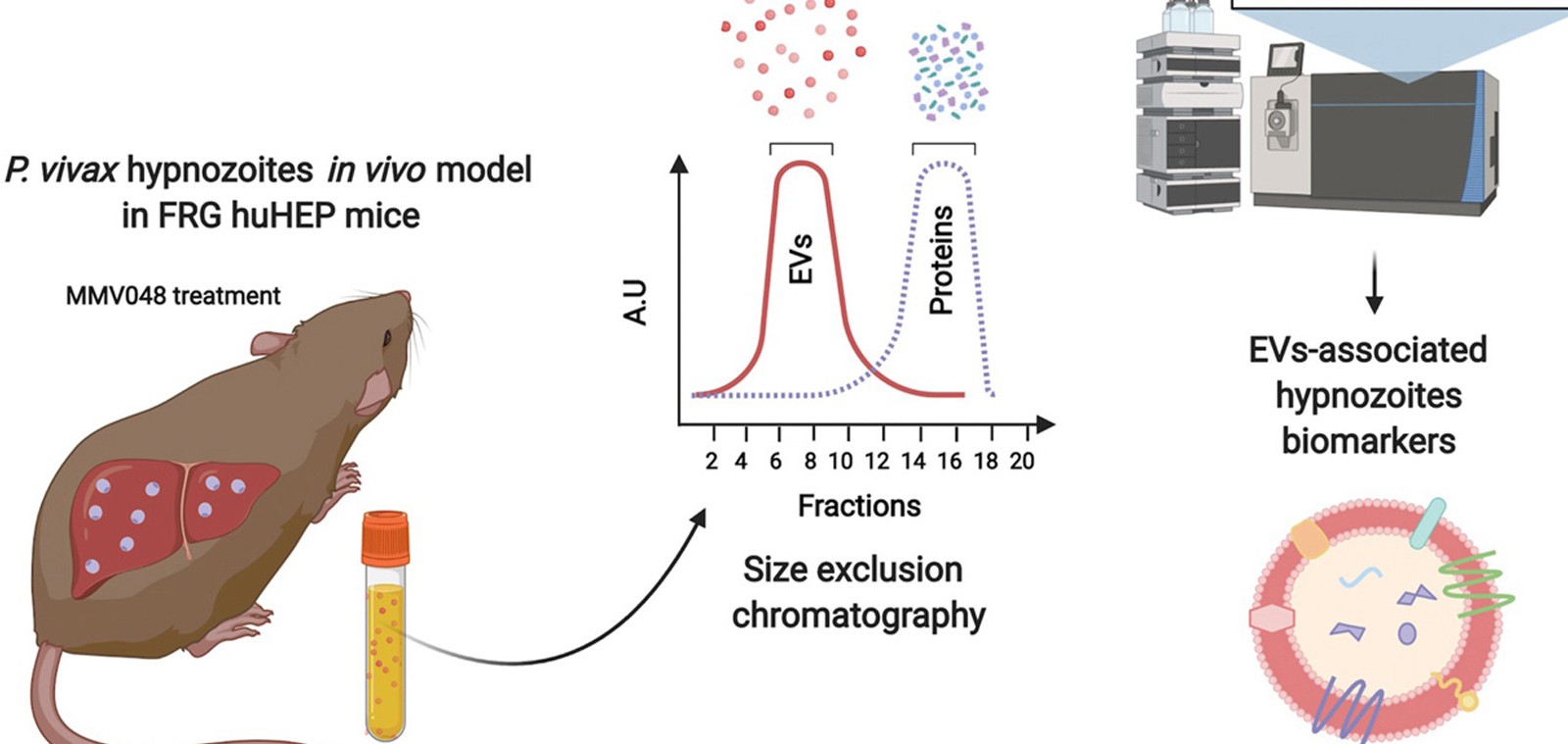GCAT-IGTP and ISGlobal launch third year of COVICAT-CONTENT study
The COVICAT-CONTENT 2023 study begins today, with the aim of monitoring COVID-19 in different cohorts in Catalonia and the rest of Spain. Researchers from the Barcelona Institute for Global Health (ISGlobal) and the GCAT'Genomes for Life project of the Germans Trias i Pujol Research Institute (IGTP) evaluate the genetic and epidemiological determinants associated with the disease, as well as the long-term effects of the pandemic on people's physical and mental health and the evolution of the immune response. In this way, the objective is to help define predictive models and control policies for similar situations in the future.





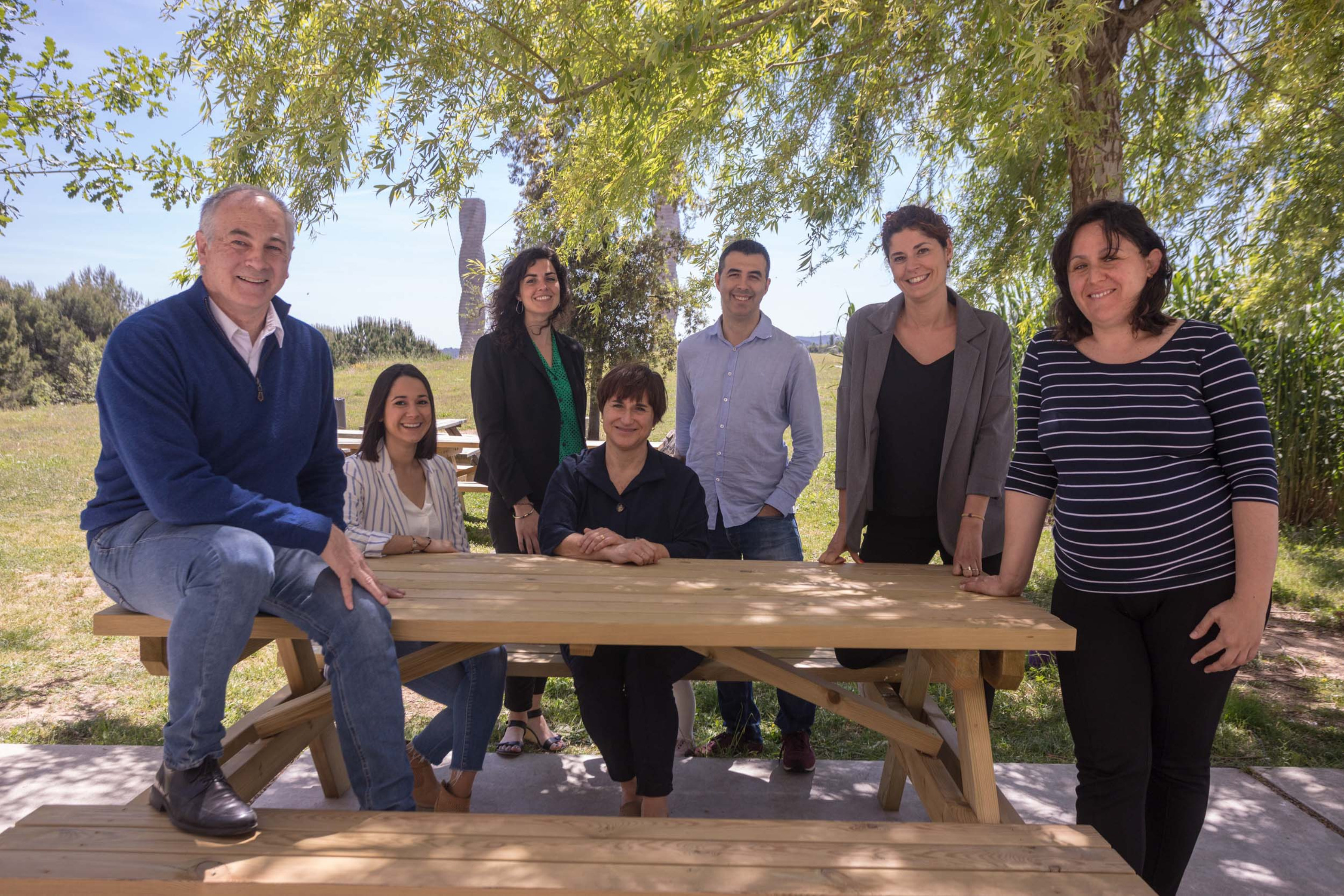
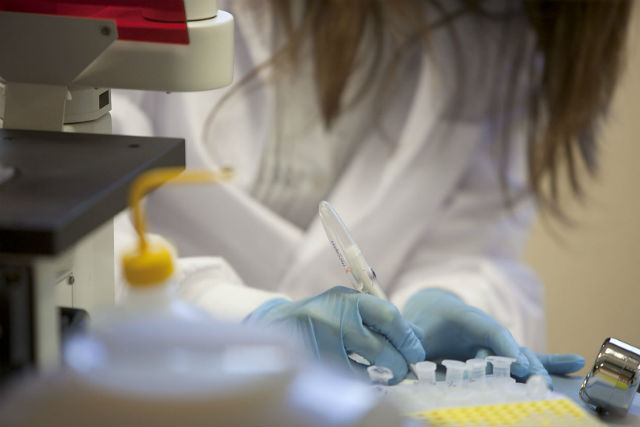
_1670407077.jpg)
